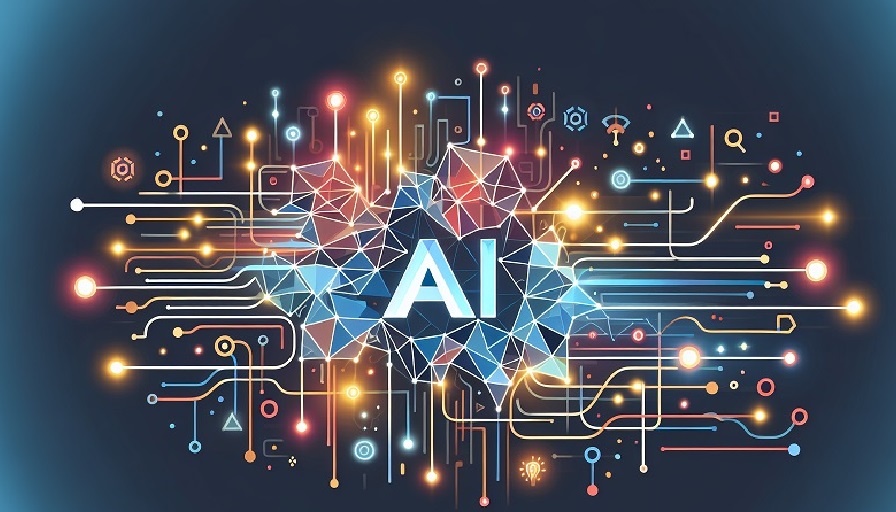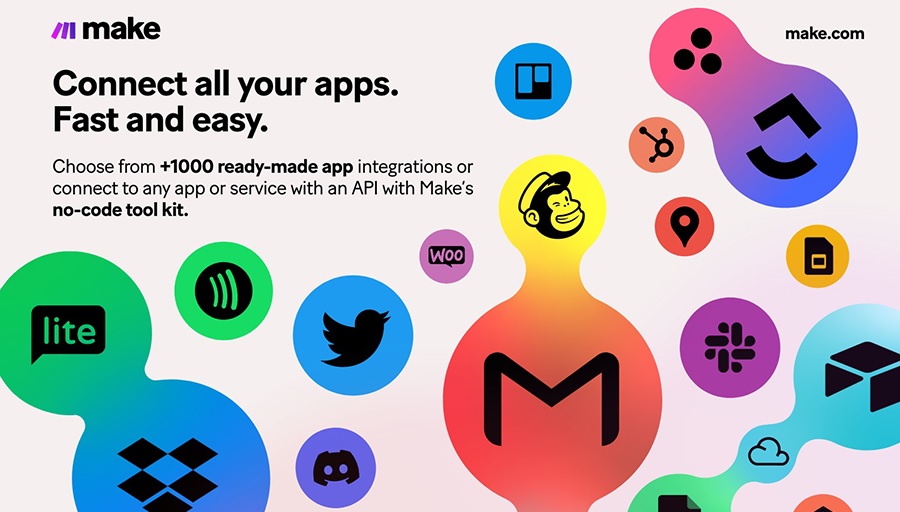
Customer support has always been a balancing act. Companies need to provide quick, reliable answers while managing costs and scaling to meet growing demand. For decades, organizations relied on call centers, ticket systems, and human agents to handle these challenges. While effective to a point, this model often left customers waiting in long queues or navigating endless phone menus. AI automation is turning this story on its head. By combining intelligence with efficiency, it is reshaping customer support into an experience that is faster, more personalized, and more scalable than ever before.
Contents
Why Traditional Support Struggled
Before automation, customer service relied heavily on people. A customer had a question, a human responded. This worked when businesses were smaller and customer interactions were manageable. But as companies grew and digital channels multiplied, the cracks appeared:
- High Volume: Modern businesses receive thousands of support requests daily, from emails to live chats to social media messages.
- Slow Response Times: Human agents cannot answer every query instantly, leading to delays and frustration.
- Inconsistent Quality: Different agents may give different answers, creating uneven customer experiences.
- High Costs: Scaling support teams requires significant hiring and training investments.
AI automation solves these challenges by enabling support that is always available, consistent in quality, and cost-efficient to scale.
How AI Automation Transforms Customer Support
24/7 Availability
AI-powered chatbots and virtual assistants never clock out. They provide instant responses around the clock, ensuring customers receive support whenever they need it – whether it’s during business hours or at midnight.
Personalized Interactions
AI automation integrates with CRMs and customer data platforms to deliver context-aware responses. For example, a customer asking about their order does not just get a generic answer – they receive details specific to their purchase history and preferences.
Faster Resolution of Routine Issues
Most support requests involve simple, repetitive questions: password resets, shipping updates, return policies. AI agents can handle these instantly, reserving human agents for complex or emotional issues.
Consistent Responses
Unlike humans, AI delivers the same accurate information every time. This ensures brand consistency and avoids the frustration of receiving different answers from different agents.
Proactive Support
AI automation is not limited to answering questions. It can anticipate needs, such as alerting a customer to shipping delays before they ask or recommending next steps when an issue is detected.
Real-World Applications
Retail and E-Commerce
E-commerce platforms deploy AI chatbots to guide customers through shopping, answer product questions, and handle returns. This not only improves customer satisfaction but also boosts conversion rates by reducing friction in the buying process.
Banking and Finance
Banks use AI-powered support systems to provide account updates, answer FAQs, and flag suspicious transactions. Customers benefit from instant responses while human staff focus on higher-value advisory roles.
Telecommunications
Telecom providers use AI agents to troubleshoot service issues, reset connections, and walk customers through setup steps. This reduces call volume and empowers customers to resolve problems faster.
Healthcare
AI support systems help patients schedule appointments, understand insurance coverage, and receive reminders for medication or check-ups. This improves accessibility and reduces the administrative burden on staff.
Benefits of AI-Driven Customer Support
- Reduced Wait Times: Customers receive instant answers, improving satisfaction and loyalty.
- Lower Costs: Automation reduces reliance on large support teams while maintaining high-quality service.
- Scalability: AI handles growing volumes of requests without the need for proportional staff increases.
- Improved Employee Experience: Human agents are freed from repetitive queries and can focus on meaningful, complex cases.
- Data Insights: AI agents capture and analyze support interactions, providing businesses with insights to improve products and services.
Challenges and Considerations
Maintaining Human Touch
AI can handle routine queries well, but customers still want empathy in sensitive situations. Designing clear escalation paths ensures the right balance between automation and human support.
Complex Query Handling
Not every issue can be resolved by AI. Complex or unusual cases may confuse automated systems. Continuous improvement and hybrid workflows are needed for comprehensive coverage.
Data Privacy
Since AI agents often access sensitive data, strong security and compliance measures must be in place to protect customer information.
Customer Perception
Some customers may feel frustrated if they cannot reach a human quickly. Clear communication about when they are speaking to a bot versus a person helps manage expectations.
Steps to Implement AI Automation in Support
Identify Common Queries
Start by automating repetitive requests like password resets, order updates, and FAQs. This delivers quick wins and builds confidence in automation.
Integrate with Core Systems
Connect AI support tools with CRMs, order management systems, and knowledge bases to ensure accurate and personalized responses.
Design Hybrid Workflows
Combine automation with human escalation paths. For instance, a chatbot may handle 80 percent of cases while escalating the rest to human agents with full context.
Monitor and Improve
Analyze interactions regularly to identify gaps, update workflows, and train AI models to handle new scenarios effectively.
The Future of Customer Support
AI automation will continue evolving toward more proactive and predictive support. Instead of reacting to customer inquiries, systems will anticipate needs and take initiative. For example, an AI support agent may detect that a customer is experiencing technical issues and offer solutions before they reach out. Over time, AI support systems will move from problem resolution to experience enhancement – strengthening relationships, driving loyalty, and turning support into a competitive advantage.
Another emerging trend is multi-modal support. Customers will interact not only via text and chat but also through voice, video, and even augmented reality. AI workflows will ensure consistency across all these channels, creating seamless, integrated experiences.
Customer support is undergoing a revolution driven by AI automation. By providing faster responses, scalable solutions, and personalized interactions, AI is addressing the limitations of traditional support systems. While challenges remain around balancing automation with human empathy and ensuring data security, the potential benefits are immense. Organizations that embrace AI-powered support will not only improve efficiency but also redefine the customer experience for the better.

